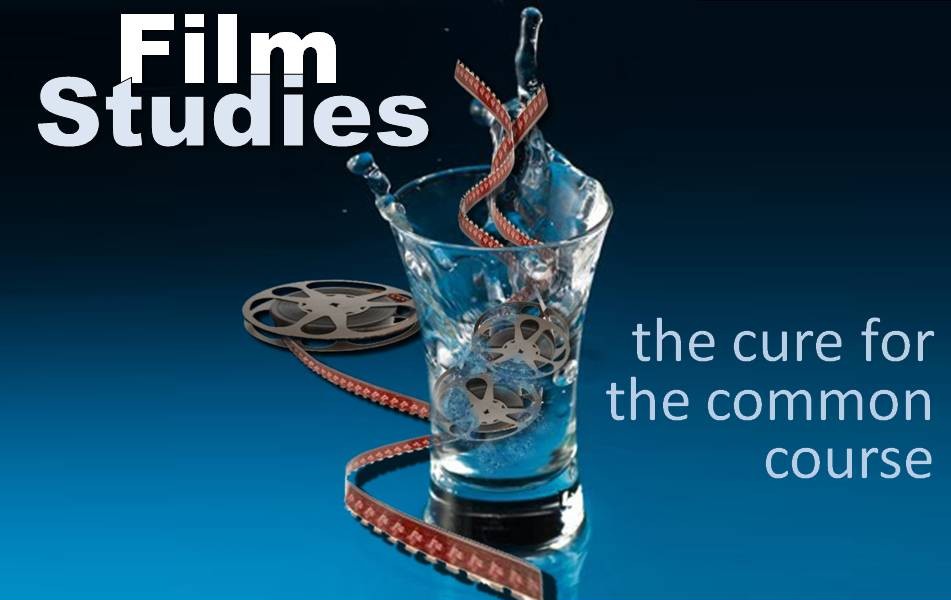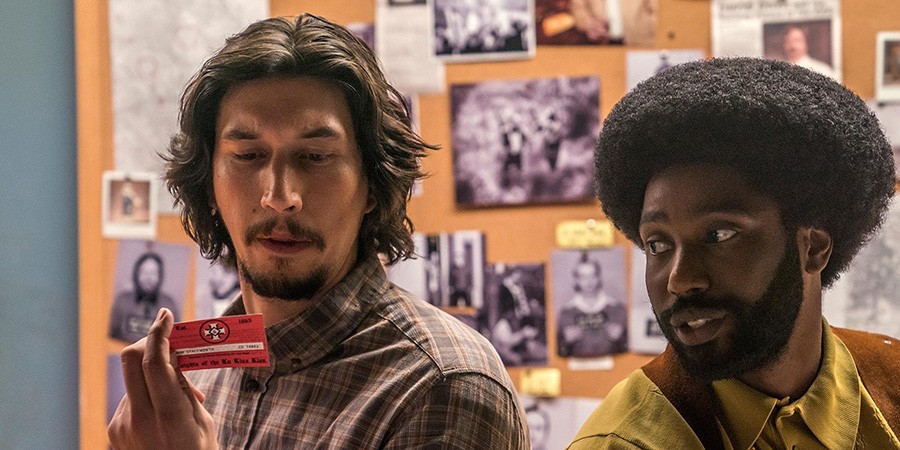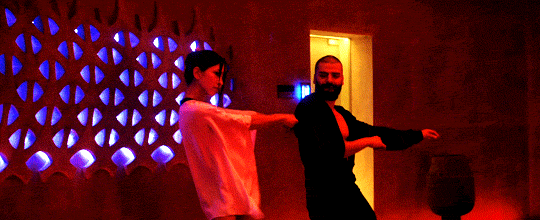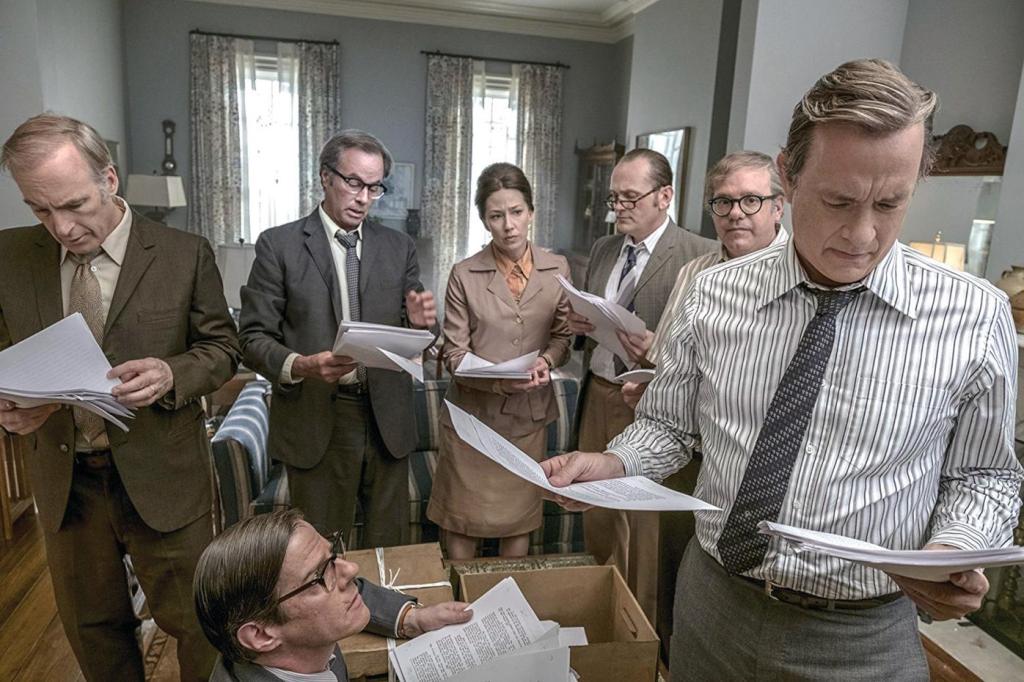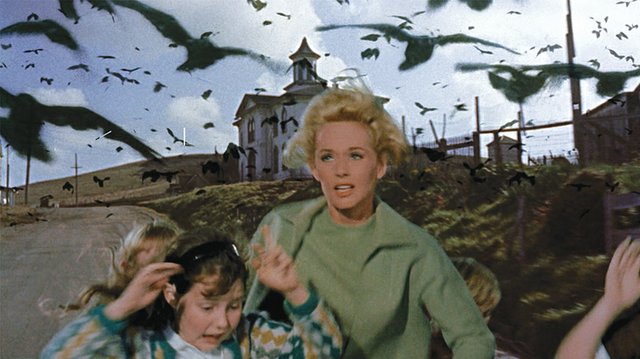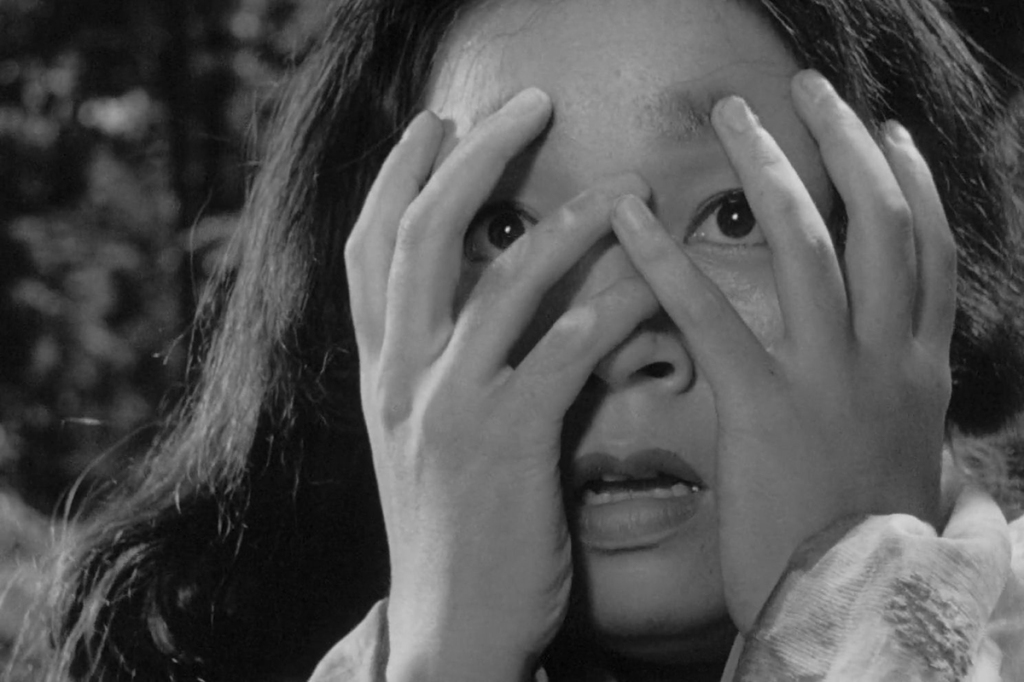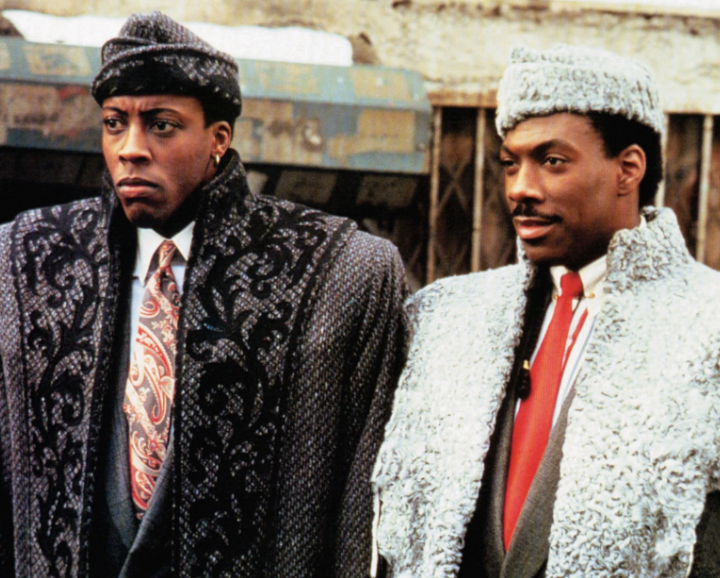ENGL1500.001: Topics in Words, Images & Ideas: Fear and the American Horror Film (GE: HU)
Instructor: Amanda Ann Klein
Times Offered: online
Film screenings: streaming titles watched outside of class
The purpose of a horror film is to scare the audience. If what we see in the horror film is a reflection of our own nightmares and anxieties, then what can the history of American horror films tell us about our country’s fears and anxieties? This course is a survey of the American horror film, beginning with its origins in the “creature features” of the 1930s (Frankenstein) and ending with its contemporary manifestations (The First Purge and Blood Quantum). Specifically, this course will explore how the narrative frameworks, themes, and stylistic details of the American horror film are established, repeated, and reinvented over time, and what they reveal about the history of American fears. We will study each text individually, in the context of the horror genre and in the context of American culture.
Screenings: Frankenstein (1931), Psycho (1960), Night of the Living Dead (1968), Texas Chainsaw Massacre (1974), Poltergeist (1982), Candyman (1992), The Blair Witch Project (1999), Hostel (2005), It Comes at Night (2017), The Fly (1986), The First Purge (2018), Blood Quantum (2019)
Alternative textbook class (i.e. no textbook expenses)
****ENGL1500 counts as a Film Studies minor elective for the Spring 2020 semester****
FILM 2900.001: Introduction to Film Studies (GE:HU)
Instructor: Anna Froula
Times Offered: online
Film screenings: streaming titles watched outside of class
This course “introduces” you to the broad field of film studies, including formal analysis, genre studies, film history and theory. By the end of the semester you will have the basic critical tools necessary for understanding and analyzing the language of motion pictures. Ideally, this course will enable you to not only gain a richer understanding of the films you watch but also the shows, You Tube videos, and other media. This course carries humanities credit and is also the springboard for the interdisciplinary film studies minor.
Screenings: BlackKklansman (Spike Lee, 2018), Sullivan’s Travels (Preston Sturges, 1941), Dope (Rick Famuyiwa, 2015), Cléo from 5-7 (Agnès Varda, 1961), Lemonade (Beyoncé Knowles Carter, 2016), Imitation of Life (Douglas Sirk, 1959), Moonlight (Barry Jenkins, 2016), 13th (Ava DuVernay, 2016), Frankenstein (James Whale, 1931), Night of the Hunter (Charles Laughton, 1955)
****FILM2900 is a required course for the Film Studies minor****
FORL 2220: Sci-Fi: East and West
Instructor: Justin Wilmes
Time offered: M-W 2:00 – 3:15 pm [Online]
Film screening: streaming titles will be used
In FORL 2220 (GE: HU / Global Diversity) we will explore selected Russian, East European, and Western science fiction films and literary texts in English translation within the broader context of the international science fiction genre. We will take a comparative approach to the problems addressed in the science fiction works of the “eastern” and “western” worlds in order to understand the unique experiences of different cultures and time periods. The class will also discuss the predominant formal and thematic tendencies of the genre, especially ethical, philosophical and other questions common to these works: utopia/dystopia, progress, technology, reason, human nature, otherness, and ethics.
Screenings: Aelita (1924, Protazanov), Metropolis (1927, Lang), Solaris (1972, Tarkovsky), Ivan Vasilievich Back to the Future (1973, Gaidai), The Terminator (1984, Cameron), Frankenstein (1994, Branagh), 12 Monkeys(1995, Gilliam), The Matrix (1999, Wachowski Brothers), First on the Moon (2005, Fedorchenko), The Children of Men (2006, Alfonso), Sleep Dealer (2008, Rivera), Generation P (2011, Ginzburg), The Target (2011, Zeldovich), Her (2013, Jonze), Ex Machina (2015, Garland), Black Mirror excerpts
***FORL2600 counts towards the Multicultural/Transnational/International Film Cognate for the Spring 2021 semester****
POLS 3012: Politics Through Film
Instructor: Peter Francia
Times offered: online
Screening: streaming titles watched outside of class
Course description: According to the Motion Picture Association of America, more than one billion movie tickets are sold in a typical year in the United States and Canada. While most people go to the movies for mere entertainment, a good film can inspire its viewers, challenge people to think in new ways, and even educate its audience. The purpose of this course is to tap into the power of film to study, learn about, and deepen understanding of controversial social and political issues, public policies and laws, as well as civil liberties, civil rights, the electoral process, and political institutions.
Screenings: 12 Angry Men (1957), The Manchurian Candidate (1962), Seven Days in May (1964), Network(1976), Do the Right Thing (1989), Primary Colors (1998), Good Night, and Good Luck (2005), The Lives of Others (2006), American Sniper (2014), and The Post (2017).
** POLS3012 counts as a Film Studies minor elective for the Spring 2021 semester **
ENGL 3660: Literature and Film of Environmental Crisis
Instructor: Dr. Helena Feder
Time: Seminar online, synchronous Thursday 7-9:30pm (WebEx via course Canvas page)
Film Screening: Online streaming, linked to the course Canvas page
The world is warming. And burning. And flooding. And we’re going to run out of water and food, and safe places to live, if we do not act soon. This course examines representations of environmental crises of various kind, in literature and film. We will examine the cultural roots of these crisis, analyzing notions of nature and culture, close-reading texts that demonize nonhuman animals and the natural world and those that depict an idealize nature. We will consider how identity is shaped by ideas of land and environment, nature and culture, purity and toxicity, and what role cultural critique might play in the struggle for sustainability.
Screenings: (including but not limited to): The Birds (Hitchcock 1963), Jaws (Spielberg 1979), Soylent Green (Fleischer 1973). An Inconvenient Truth (Guggenheim 2006), The Future of Food (Koons & Garcia 2004), Anthropocene (Edward Burtynsky, Jennifer Baichwal, Nicholas de Pencier 2018)
** ENGL3660 counts as a Film Studies minor elective for the Spring 2021 semester **
FILM 3901.601: History of Film from World War II to the Present (Cultural Diversity, Global Diversity)
Instructor: Anna Froula
Times Offered: online
Film screenings: streaming titles watched outside of class
This course is a broad survey of the major films, genres, regulatory bodies, and economic structures that define American and international cinema from World War II through the present. The course addresses the cultural, industrial, and aesthetic history of these films, tracking the development of US cinema and international through the disintegration of the studio system and Hays Code to rise of both independent and corporate blockbuster film. While the major concern of this course is to understand these films in terms of their historical context, we will also be addressing specific formal, narrative and rhetorical choices made by the individual films and filmmakers.
Screenings: Rashomon (Akira Kurasawa, 1950), Jaws (Steven Spielberg, 1975), Desperately Seeking Susan (Susan Seidelman, 1985), 28 Days Later… (Danny Boyle, 2002), Chi-Raq (Spike Lee, 2018), Eve’s Bayou (Kasi Lemmons, 1997), La Battaglia di Algeri (Gillo Pontecorvo,1966), Far From Vietnam (Chris Marker, Jean-Luc Godard, Alain Resnais, Agnès Varda, Joris Ivens, William Klein, Claude Lelouch, 1967), Super Fly (Gordon Parks Jr, 1972), Come and See (Elem Klimov, 1985)
***FILM3901 counts toward the Film History Cognate for the Film Studies Minor***
FILM4985: Film Studies Capstone: History of Black Cinema
Instructor: Amanda Ann Klein
Times Offered: online
Film screenings: streaming titles watched outside of class
This class explores the construction of race, racial difference, and other intersecting identities in contemporary Black media, literature and/or folklore. This specific iteration of the course explores how race and racial difference is constructed in American cinema and to what effect, using cinema as a framework for understanding political, social, and cultural history of American race relations and racial difference. The course will be structured around multiple interlinked questions about race and representation such as: what is an African American or Black film? Is it defined by the race of its director, its actors or its thematic concerns? We will address issues of authorship, in attempt to determine who has the right to create “Black” films. We will discuss if and how filmic representations have the ability to impact the way audiences understand race, but also gender, sexual orientation, religion, and physical ability. We will ask how and why cinematic representations of race change over time. We will also look at the construction of Black stardom, asking how or why has the mainstream American movie going audience come to embrace certain star personas (Sidney Poitier, Eddie Murphy) over others at particular moments, in American history and why.
Screenings: Cabin the Sky (1943, Vincente Minelli), Moonlight (2016, Barry Jenkins), Body & Soul (1925, Oscar Micheaux), Guess Who’s Coming to Dinner? (1967, Stanley Kramer), Coming to America (1988,John Landis), Menace II Society (1993, Albert and Allen Hughes), Just Another Girl on the IRT (1992, Leslie Harris), Black Panther (2018, Ryan Coogler), Get Out (2017, Jordan Peele)
Alternative textbook class (i.e. no textbook expenses)
****FILM4985 is a required course for the Film Studies minor core****
